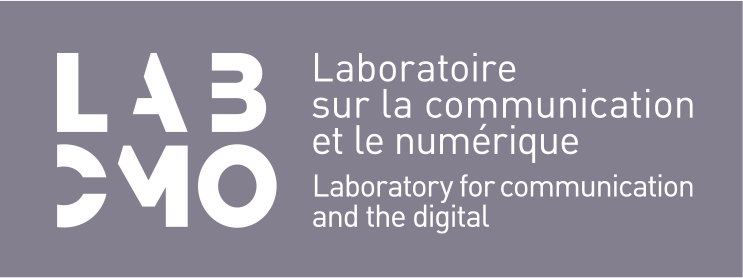The socialization of early Internet bots : IRC and the ecology of human-robot interactions online
Latzko-Toth, Guillaume. 2017. The socialization of early Internet bots : IRC and the ecology of human-robot interactions online. Dans R. Gehl et M. Bakardjieva (dirs.) Socialbots and their Friends : Digital media and the automation of sociality. Londres : Routledge, 47-68.
Born in the late 1980s, IRC is an Internet-based, geographically distributed chat service which has spread quickly from its homeland of Finland to become a standard Internet protocol still in use nowadays as a multi-server text conferencing tool. In IRC jargon, a bot-apheresis of ‘robot’—is a program capable of signing on to IRC by itself and interacting with other connected entities like servers and user clients. In addition to bots, there are less elaborated software agents known as scripts-strips of code written in the programming language provided with some popular client programs to allow users to automate repetitive tasks. Like bots, script-augmented clients can react to online events without any direct intervention from the user. In other words, they appear as autonomous because once they are up and running, they don’t require constant supervision and decisions from their human operator (Helmers et al., 1997). The generic term ‘bot’ therefore conveys an imaginary of autonomy that was quite manifest in the frequent discussions it sparked among IRC users and operators, and that probably contributed to construct IRC bots not only as ‘moral’ objects but also as social agents , a quality reinforced by their ability to communicate using human language.
Ce contenu a été mis à jour le 26 octobre 2018 à 22 h 08 min.
